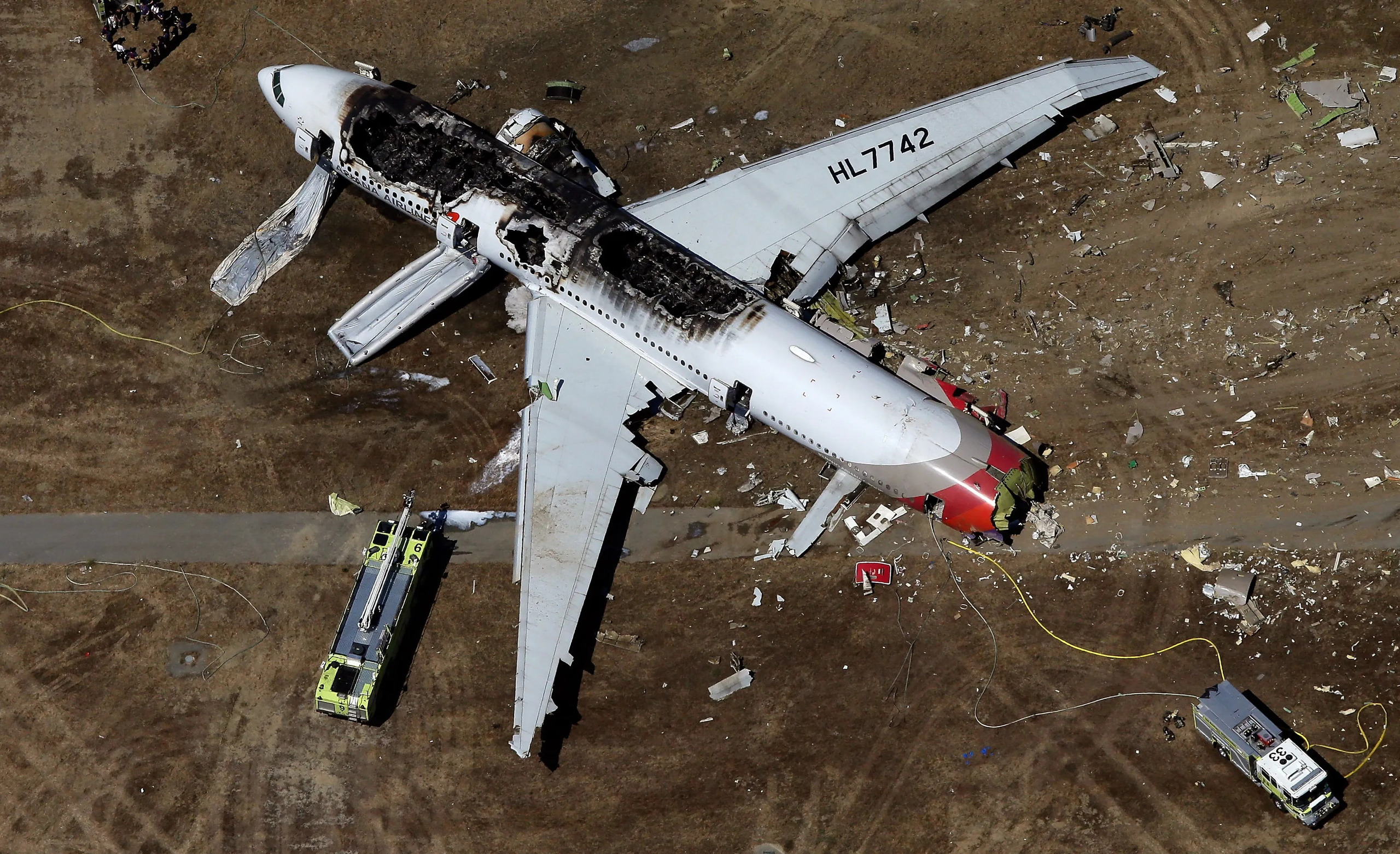
Tips To Surviving A Plane Crash
Today we are focusing our attention on tips to surviving a plane crash. Are you one of the millions who feel a twinge of anxiety at the mere thought of boarding a plane? The fear of flying and, more specifically, the dreaded scenario of a plane crash can send shivers down anyone’s spine.
Don’t worry, we’ve got you covered! In this blog post, we will equip you with essential tips and strategies to increase your chances of surviving a plane crash. So fasten your seatbelt and let’s dive into how to conquer your fears and stay prepared for any airborne emergency.
Preparing for the Worst: How to Survive a Plane Crash
When it comes to preparing for the worst-case scenario of a plane crash, knowledge and awareness are key. Before even stepping foot on a plane, take the time to familiarize yourself with the safety procedures and emergency exits. Pay attention during the pre-flight safety briefing – it could save your life in an emergency.
Pack essentials like a flashlight, first aid kit, and any necessary medications in your carry-on bag. These small items can make a big difference if you find yourself in a survival situation after a crash. Wear comfortable clothing and sturdy shoes that you can move easily in – high heels or flip flops won’t help you navigate debris or rough terrain.
Mentally prepare yourself by visualizing what you would do in case of an emergency. Stay calm and focused, as panic can cloud your judgment when every second counts. Remember that knowing how to survive doesn’t mean expecting the worst but rather being ready for anything that may come your way while flying.
Before Boarding: Choosing the Safest Seats on a Plane
When it comes to flying, safety is a top priority for most passengers. One important aspect of ensuring your safety during a plane crash is choosing the right seat before boarding. While no seat can guarantee survival in the event of a crash, there are some general guidelines to keep in mind.
Many experts recommend that seats near the back of the plane tend to have higher survival rates compared to those at the front. This is because crashes often occur on impact with the ground or another object, and those seated towards the back may have a better chance of surviving such an impact.
Additionally, aisle seats are generally considered safer than window seats as they provide easier access to exits in case of an emergency evacuation. It’s also advised to avoid sitting near the wings where fuel tanks are located, as these areas can be more prone to fire during a crash.
While there is no foolproof way to predict what will happen in the event of a plane crash, being informed about seat choices and their potential impact on your safety can help you feel more prepared when flying.
During the Flight: Staying Calm & Following Safety Procedures
As you board the plane and take your seat, it’s normal to feel a mix of excitement and nerves. Remember that flying is statistically one of the safest modes of transportation. Once the flight takes off, try to relax by listening to music or reading a book.
In case of turbulence, keep your seatbelt fastened at all times. Follow the safety instructions provided by the flight attendants and pay attention during their demonstrations. Knowing where the closest emergency exits are located can be crucial in case of an evacuation.
If an emergency landing becomes necessary, stay calm and listen to the crew’s directions. Brace for impact as instructed and prepare yourself mentally for any sudden jolts upon landing. Trust in the training and expertise of the pilots who are trained to handle such situations professionally.
Remember that staying calm under pressure can greatly increase your chances of survival in a plane crash scenario. Your focus should be on following safety procedures diligently rather than giving in to fear or panic.
After the Crash: Actions to Take for Survival
After surviving a plane crash, the actions you take can greatly impact your chances of survival. The first priority is to assess your surroundings and check for any immediate dangers like fire or smoke. If possible, help others who may be injured and need assistance.
Seek shelter from the elements and try to stay warm if you are in a cold environment. It’s essential to signal for help by creating visible signs such as using a mirror or reflective object to attract attention. Stay hydrated by finding a source of water that is safe to drink.
If you have access to any supplies like food or medical kits, ration them wisely until rescue arrives. Listen for any sounds of search parties or aircraft in the area. Remain calm and keep a positive mindset while waiting for help to arrive. Your resilience and resourcefulness can make all the difference in a survival situation after a plane crash.
Real Life Stories of Plane Crash Survivors
Real Life Stories of Plane Crash Survivors can serve as powerful reminders of resilience and the will to survive against all odds. One such story is that of Juliane Koepcke, who miraculously survived a plane crash in the Peruvian rainforest back in 1971. Despite being strapped to her seat, she fell over two miles through the sky before landing relatively unharmed.
Another remarkable tale is that of Vesna Vulović, a flight attendant who survived a fall from 33,000 feet after her plane exploded mid-air over Czechoslovakia in 1972. She holds the Guinness World Record for surviving the highest fall without a parachute.
These stories highlight the unpredictability of air travel but also showcase human strength and endurance when faced with life-threatening situations. They remind us that even in the face of unimaginable adversity, survival is possible with courage and determination.
Conclusion: Facing Your Fears and Being Prepared for Anything
Surviving a plane crash may seem like an impossible feat, but with the right knowledge and mindset, you can increase your chances of making it out alive. By understanding how to prepare for the worst, choosing the safest seats on a plane, staying calm during a flight emergency, and knowing what actions to take after a crash, you are arming yourself with valuable information that could save your life.
Real-life stories of plane crash survivors serve as reminders that miracles do happen even in the most dire circumstances. These individuals faced their fears head-on and did everything they could to survive. While we hope never to find ourselves in such a situation, being mentally prepared and equipped with survival tips can make all the difference.
So next time you board a plane, remember that being informed is key. Stay vigilant, stay calm, and be ready for anything that comes your way. And who knows – should the unthinkable happen – you might just come out on top by remembering these essential tips to surviving a plane crash. Safe travels!



